Why are you studying?
Research shows that having an answer to this question may be the key to success.
Start Browsing
Start browsing
< Wait, I have a password

to your account
 Facebook
Facebook
< Wait, I don't have a profile yet
Reset Password >
to save your details
 Facebook
Facebook
< Wait, I already have a profile

Start browsing
< Wait, I have a password



So you're making notes. Good. As the year progresses you're going to realise that there are loads of topics to keep on top of, and that over time, you're going to forget what you have notes on, and whether you made them in the first place. Therefore, a simple, but effective tool to help keep you organised is a note-taking planner. It's pretty simple and it works like this.
Your syllabus (or study design/specficiation) is arguably the most important document you receive throughout the year. It's often the first thing you're given and it ends up smooshed down the bottom of your bag with an old banana and your swimming cap - never to be seen again.
The syllabus outlines every single topic and sub-topic that is exmainable. It sets out, in detail, all the topics you need to study. So the first thing you should do when you get given your syllabus (or when you download it) is go through and find all the main topics. You should then write them into your note-taking planner. The aim should be to finish notes on 1 topic per week.
When you've finished a set of notes on a topic, you can tick it off your list. done. The reason why we encourage students to use the note taking planner is that it keeps you accountable. if you print off the planner and put it above your desk at home, you will be able to keep track of what you have done (or more like, what you have not done). This will force you to take action so that you don't fall behind. Most people take noteson an ad hoc basis, and as a result, when it comes time to study for exams, they have notes that are 'swiss cheese' notes - filled with holes. By using this planner, you'll make sure you're on top of everything.
The planner also comes in handy later in the year. it gives you a quick snapshot to see what you've covered. Also, it's useful to set aside time at the end of each term to review all your notes. When you're looking over a topic, if you feel 100% comfortable with it, highlight it in green on your note-taking planner. If you feel as though you know the topic, but your notes could improve or include some more specfiic examples, then highlight it yellow or orange. Finally, if you don't have notes on an area (you feel behind, or missed out on some classes) then mark the planner red. This will allow you to see which areas require you to go back to the textbook and brush up on.
Good luck!
 -
-